3 Foods That Will Mess Up Your Sleep—and 3 That Help
What to serve (and what to skip) at your slumber party.
By Jessica Migala
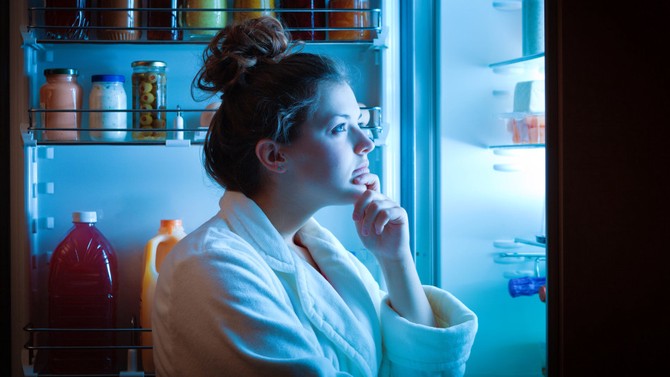
Photo: YinYang/iStock
Bedtime Snacks
You know not to feast right before hitting the sack (two to four hours is the ideal gap between dinner and bedtime, says psychologist Michael Breus, PhD), but an empty, rumbling tummy can also make it hard to nod off. Instead of going to bed hungry, Breus recommends having a few bites. Here's help finding your snacking sweet spot.
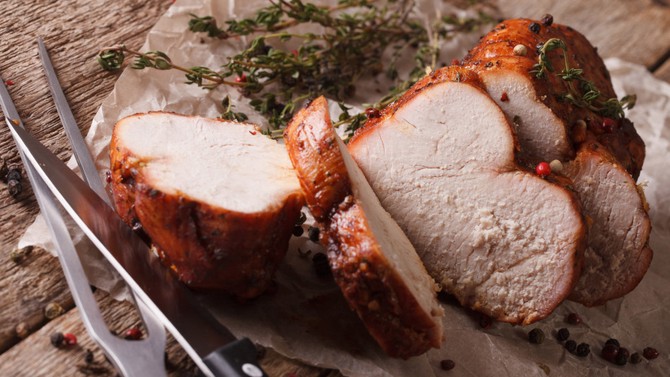
Photo: ALLEKO/iStock
Skip: Turkey
Yes, turkey contains tryptophan—an amino acid—but not enough to make a noticeable difference. "You'd probably have to eat around eight or nine pounds of it to get the drowsy effect," says Breus. (Your post-Thanksgiving sleepiness is primarily induced by carbs.)
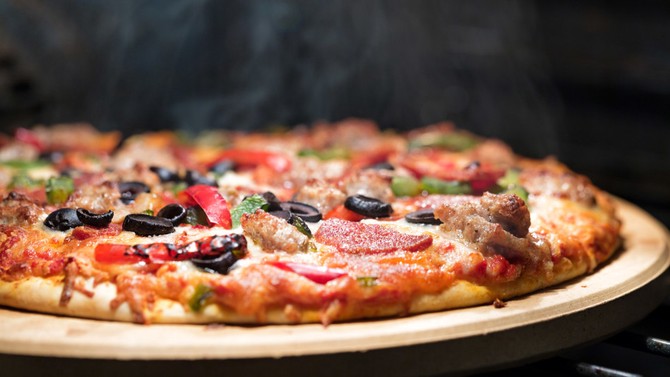
Photo: adogslifephoto/iStock
Skip: Pizza
Craving a late-night slice? In one study published in Frontiers in Psychology, subjects reported that greasy, cheese-laden and starchy foods frequently brought about disturbing or bizarre dreams. It may be that food sensitivities cue G.I. distress, leading to middle-of-the-night sleep disruptions and wacky nightmares.

Photo: solidcolours/iStock
Skip: Chocolate
The decadent favorite contains substances that may trigger production of dopamine, a feel-good neurotransmitter that promotes wakefulness.
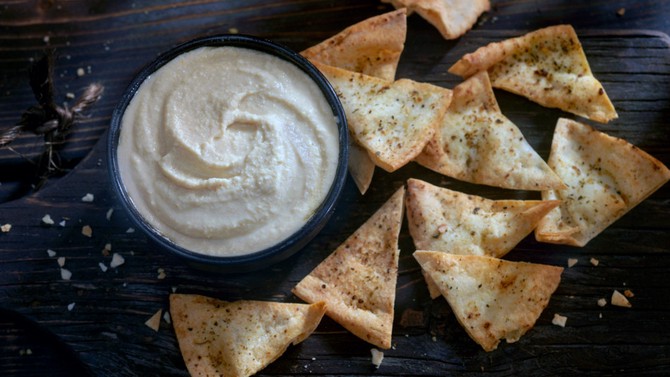
Photo: LauriPatterson/iStock
Eat: Hummus
Chickpeas are rich in vitamin B6 and tryptophan, both of which help your body make serotonin, which can then be converted into melatonin, the hormone that helps tell your brain it's bedtime.
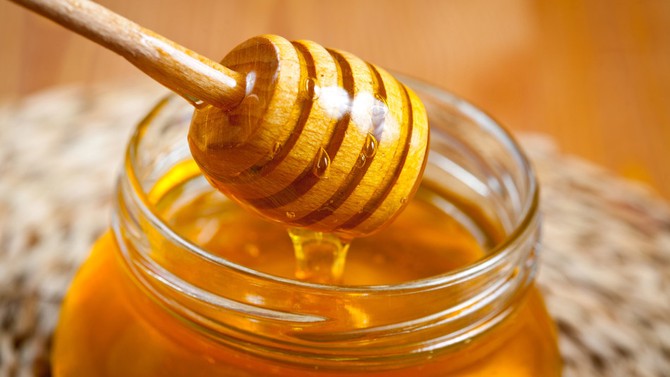
Photo: Materio/iStock
Eat: Honey
The sweet stuff boasts compounds that reduce levels of orexin, another neurotransmitter that promotes wakefulness, says neurologist W. Chris Winter, MD, who suggests stirring a little honey into chamomile tea. Not only does chamomile have relaxation-promoting properties, but it warms you up. Then your temp cools down, mimicking the body's physiological signals as it prepares for sleep. Plus, he adds, a regular habit of tea before bed will eventually cue your brain that it's snooze time.
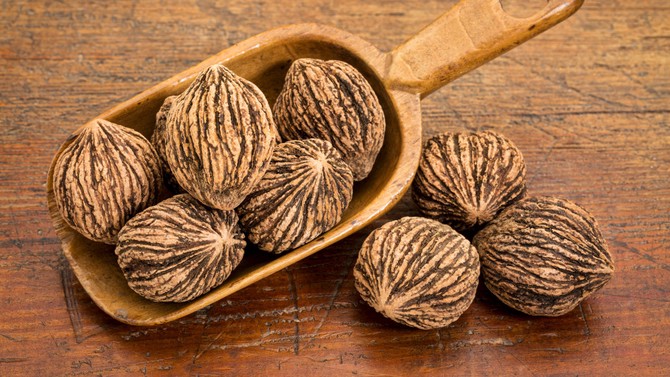
Photo: marekuliasz/iStock
Eat: Black Walnuts
These nuts are not only packed with melatonin, but they also help your body create more of the sleep-producing hormone, notes Winter.
From the February 2018 issue of O, The Oprah Magazine

